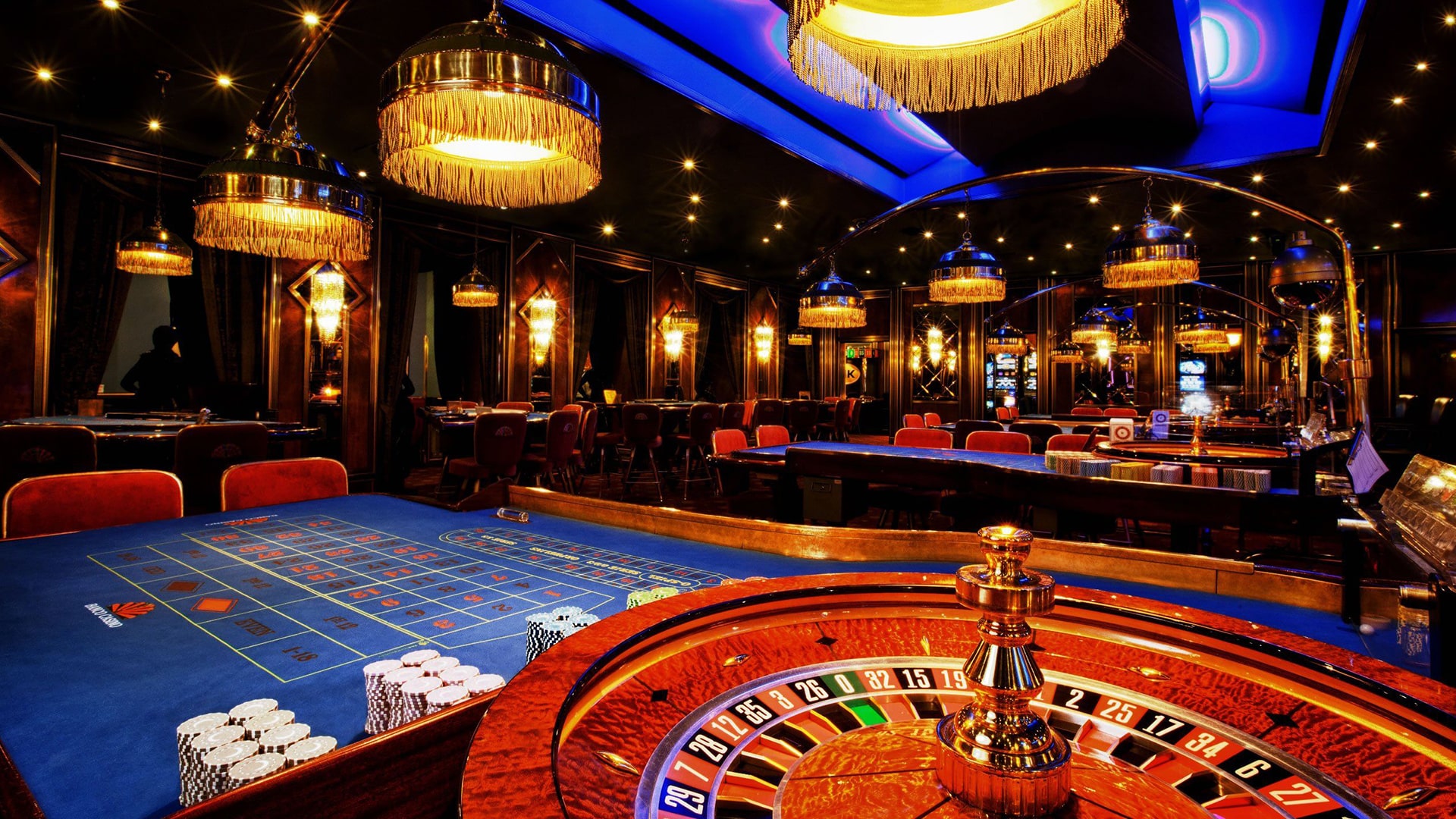
In the world of gambling, in which chance and strategy converge, a unique tapestry of beliefs emerges—one that intertwines luck, fate, and the enigmatic nature of casino games. Casinos, bustling with excitement and anticipation, are not just venues for placing bets; they are also arenas in which superstitions thrive. Ranging from the novice player to the seasoned gambler, these mysterious practices often shape how individuals approach the games they play, holding the belief that their actions can influence the outcome in ways that go beyond mere probability.
When players gather around roulette wheels, blackjack tables, and slot machines, the atmosphere is thick with stories of lucky charms, rituals, and codified behavior that defy logic yet provide a sense of comfort. Whether it’s wearing a specific outfit, following a particular sequence of bets, or even avoiding certain numbers, the attachment to various superstitions reflects a deep-rooted desire to manipulate the uncontrollable. This article delves into the captivating world of casino game superstitions, exploring the beliefs that both entertain and mystify those who dare to play.
Cultural Roots of Superstitions
Casino activities have long been interwoven with an variety of superstitions that trace to early societies. The roots of these ideas can be connected to humanity’s innate desire to control the uncertain outcomes connected with luck and uncertainty. In ancient civilizations, activities of chance were often tied to religious practices. Players would seek aid or request favor from gods, believing that their actions could affect the odds in their favor. This foundation laid the basis for the myriad of superstitions that developed as gambling evolved over time.
During the medieval age, betting became a widespread hobby across the continent, and with it, a diverse tapestry of superstitions appeared. Participants adopted numerous rituals and charms, believing they could affect the consequences of games. The significance of numbers, in particular, emerged to appear in superstitions pertaining to card games and dice. The number seven was often considered favorable, while different numbers carried unfortunate connotations. These notions mirrored the societal contexts of the time, changing as they passed through generations and transformed to different gaming environments.
As casinos emerged in the seventeenth century, particularly in the Italian peninsula and France, the atmosphere surrounding gambling became imbued in mystique. The growing availability of gambling games allowed for the spread and diversification of superstitions among players. Concepts like lucky charms, designated seating positions, and rituals gained prominence, creating a unique culture within gambling establishments. As these practices continued to thrive, they became essential to the essence of casino activities, illustrating how the past and society shape the convictions that influence how players engage with luck.
Popular Casino Superstitions
Beliefs surrounding casino games are plentiful and varied, reflecting the hopes and anxieties of players as they participate in random games. One of the most common beliefs is that specific digits bring fortune or misfortune. For example, the digit seven is often seen as a lucky digit, frequently embraced by gamblers looking for a favorable outcome. Conversely, the digit 13 is routinely considered unlucky, leading many gamblers to avoid it during their gaming periods.
Another common superstition relates to rituals that players believe can influence their odds. It could be blowing on dice before a throw, using a specific hand to place a wager, or even putting on particular items of attire, many individuals feel that these actions can sway luck in their favor. These practices offer a feeling of power in an otherwise unpredictable environment, reinforcing the idea that luck can be manufactured through individual convictions and habits.
Finally, the ambiance and vibe of the casino itself adds to myths. Many players suggest that the presence of specific icons, such as four-leaved clovers or lucky tokens, can enhance their odds of success. https://jun88.wien/ Additionally, gamblers might adhere to the notion that winning streaks can be interrupted by mundane events, such as someone passing by or a spill at the table. The shared atmosphere in a casino can amplify these beliefs, creating a communal culture of myths that goes beyond single encounters.
Impact of Superstitions on Players
Superstitions play a crucial role in the mindset of gamblers, often influencing their actions and decision-making. Many gamblers think that fortune can be manipulated through different rituals, such as wearing a lucky charm, selecting specific colors, or steering clear of particular digits. This dependence on superstitions can create a sense of control in an environment that is inherently unpredictable. Players frequently feel more confident and involved when they feel that their actions could sway the outcome of a game in their favor.
The influence of these superstitions extends past singular players, affecting the overall atmosphere within the casino. For example, a player who believes in the luck of a certain slot machine might attract a crowd, as onlookers are intrigued by their apparent luck. jun 88 This collective belief can heighten excitement and create a lively environment, leading to an engaging experience even for those who may not necessarily be superstitious. The buzz around certain games can lead to increased participation and longer playing sessions, supporting the casino’s vibrant social scene.
In some instances, superstitions can lead to harmful effects for players. Relying too heavily on rituals can result in poor gambling decisions, as some may ignore basic strategies in favor of unfounded beliefs. Additionally, the stress to perform rituals may heighten anxiety and stress levels, diminishing from the enjoyment of the experience. Ultimately, while superstitions can enhance the excitement of playing casino games, they can also lead to poor choices that overshadow the fun and amusement intended in the casino experience.